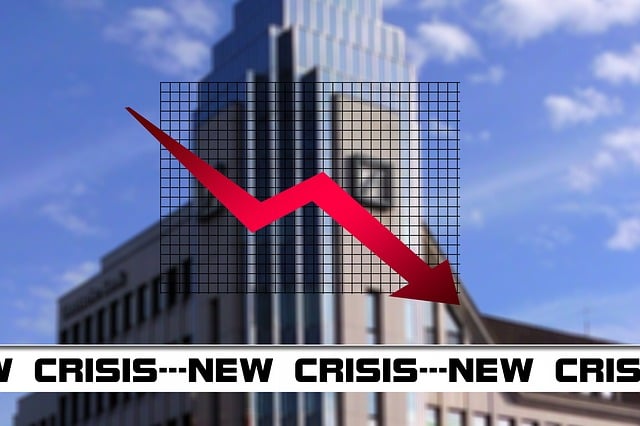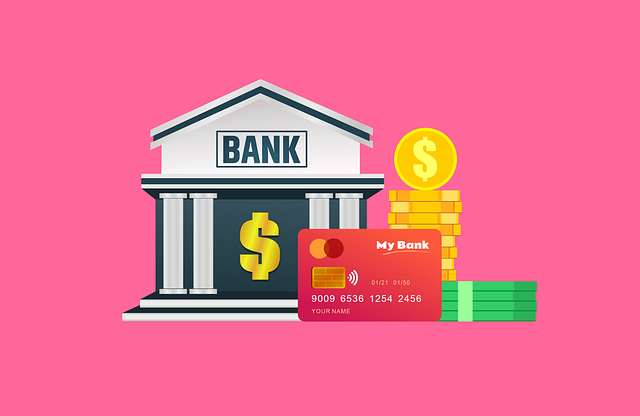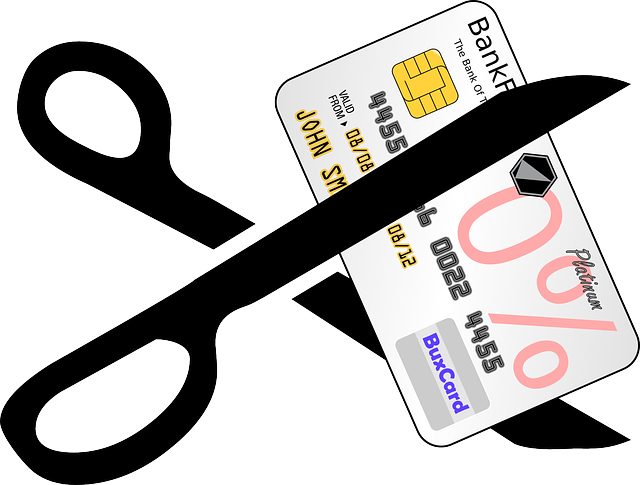In economic downturns or personal crises, high-interest loans can trap individuals in escalating debt. Loan consolidation options, by combining multiple high-interest debts into one lower-interest loan, offer immediate relief and simplified repayment, aiding financial stability. Emergency debt assistance and debt settlement programs provide tailored support, including negotiated lower interest rates or partial debt forgiveness, helping escape the burden of high-interest loans and move towards secure financial futures.
Are you burdened by high-interest loans with overwhelming monthly payments? There’s a chance to breathe easier. This article explores strategies to refinance and reduce your loan debt, focusing on loan consolidation options, financial crisis solutions, and debt reduction plans. We’ll guide you through understanding the impact of high-interest loans, uncovering emergency debt assistance programs, and even debt settlement programs as potential avenues for financial relief. Take control of your finances and discover how to pay less interest and consolidate your debt effectively.
- Understanding High-Interest Loans and Their Impact
- Loan Consolidation Options: A Comprehensive Look
- Financial Crisis Solutions: Strategies for Debt Reduction
- Exploring Emergency Debt Assistance and Settlement Programs
Understanding High-Interest Loans and Their Impact

High-interest loans can create a cycle of financial strain, especially during economic downturns or personal crises. These loans often have short-term solutions that lead to long-term debt problems, making it difficult for borrowers to regain financial stability. In such situations, understanding loan consolidation options becomes crucial for navigating through the financial crisis. Loan consolidation involves combining multiple high-interest debts into a single, lower-interest loan, offering immediate relief and simplifying repayment processes.
Financial crisis solutions like loan consolidation can significantly reduce monthly payments and the overall cost of debt. It provides borrowers with a structured plan for debt reduction, allowing them to regain control over their finances. Various programs, including emergency debt assistance and debt settlement programs, offer tailored support for those struggling with high-interest loans. These initiatives aim to provide much-needed relief during challenging times, ensuring individuals can move towards more secure financial futures.
Loan Consolidation Options: A Comprehensive Look

Many individuals grappling with high-interest loans find themselves seeking financial crisis solutions and debt reduction plans. One comprehensive approach to consider is loan consolidation options. By bundling multiple debts into a single, often lower-interest loan, borrowers can streamline repayment and potentially save money in interest payments over time. This strategy offers a more manageable payment structure and could help alleviate the stress associated with juggling several loans.
Exploring debt settlement programs or emergency debt assistance can also provide much-needed relief. These initiatives often work with lenders to negotiate lower interest rates or even partial debt forgiveness, although it’s important to remember that these options may carry their own set of terms and conditions. Loan consolidation remains a popular strategy for those looking to regain financial control, offering the chance to simplify complex debt landscapes and move toward a more stable financial future.
Financial Crisis Solutions: Strategies for Debt Reduction

Many individuals facing high-interest loan burdens often wonder if there’s a way out. Thankfully, during financial crises, various strategies come into play, offering hope for debt reduction and better financial health. One popular solution is loan consolidation options, which bundle multiple debts into one with a potentially lower interest rate, making repayment more manageable. This approach can simplify the process, reduce monthly payments, and save on overall interest costs.
Financial crisis solutions extend beyond loan consolidation. Debt settlement programs negotiate with creditors to forgive part of the debt, though this may impact credit scores. An emergency debt assistance program might also be available through community resources or non-profit organizations, providing temporary relief for those in dire straits. Implementing a structured debt reduction plan, coupled with budget adjustments and potentially seeking professional financial guidance, can pave the way to overcoming high-interest loan debts effectively.
Exploring Emergency Debt Assistance and Settlement Programs

Many individuals struggling with high-interest loans find themselves in a financial crisis, but there’s hope through various loan consolidation options and financial crisis solutions. One avenue to explore is Emergency Debt Assistance, which aims to provide much-needed relief by offering debt reduction plans tailored to individual circumstances. These programs often negotiate with lenders on your behalf, helping you secure more favorable terms or even settle your debt for less.
Debt Settlement Programs play a crucial role in this process, allowing borrowers to make arrangements to pay off their debts in full but at a reduced amount. By enrolling in such programs, you can gain control of your finances and move towards a more stable financial future. It’s important to understand the benefits and potential outcomes before deciding on a strategy that aligns with your loan consolidation goals.







